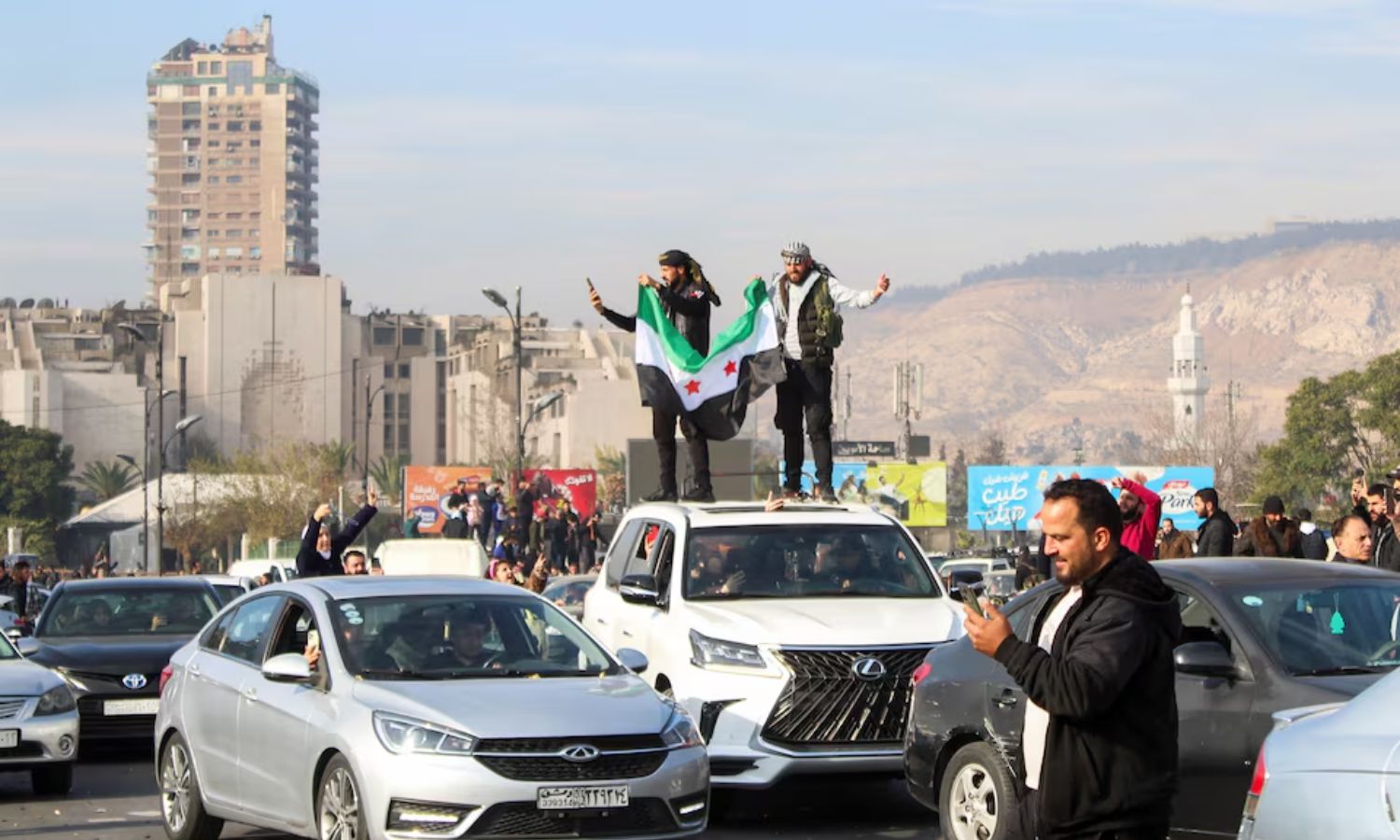Syrians are currently focused on the future of Syria’s political landscape and the mechanisms of governance that will unfold in the wake of the fall of Bashar al-Assad’s regime, which occurred at dawn on Sunday, December 8.
Dr. Zaidoun al-Zu’bi, an expert in quality management and governance, discussed the next steps for Syria during a live broadcast on Facebook. He emphasized the importance of maintaining the continuity of state institutions, which he said is the responsibility of both the opposition and the current employees within these institutions.
Zu’bi noted that revolutions are often marked by chaos, citing the January 2021 attack on the U.S. Capitol by Trump supporters as an example. He explained that the chaotic events were mainly caused by local groups, not opposition factions, and pointed out that many of the disturbances took place in areas not controlled by these factions, such as the Sahel region.
Jolani in Damascus After Assad’s Fall
Dr. Zu’bi ruled out the possibility of dissolving the Syrian army or the Baath Party. He speculated that a transitional military council would be formed, potentially including representatives from all parties, though he noted there was no certainty about whether the Autonomous Administration would participate in this council. Discussions about implementing UN Resolution 2254 are also ongoing.
According to Zu’bi, this process will take time. The new military body will need to be formed through consensus with opposition institutions, and a civilian council will be established before moving towards elections.
Meanwhile, he stressed the necessity of restoring the police and security forces to their proper roles. He also called for the formation of local councils of notables in each neighbourhood to help manage local affairs and prevent reprisals or looting. He emphasized that decentralization and power-sharing are crucial elements in the country’s administration and serve as guarantees for a civil state.
Dr. Zu’bi concluded by highlighting the role of civil society in acting as a bridge between the people, fostering civil peace, and providing a reassuring framework for citizens’ needs, ensuring support without discrimination
This article was translated and edited by The Syrian Observer. The Syrian Observer has not verified the content of this story. Responsibility for the information and views set out in this article lies entirely with the author.


